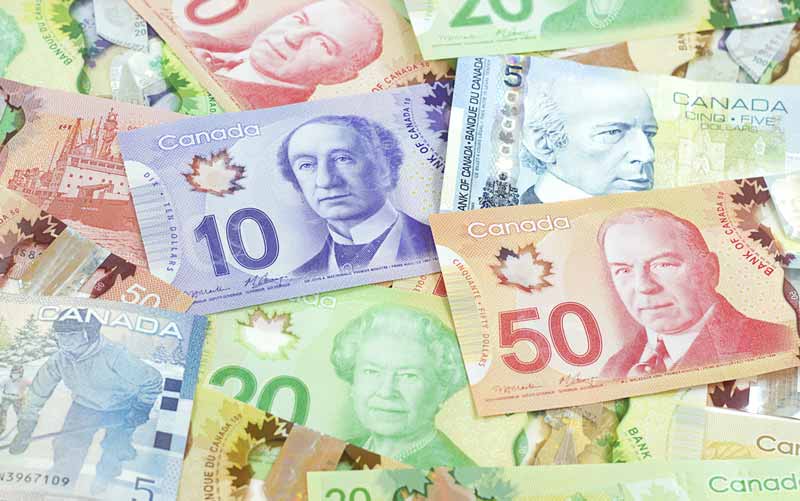The Government of Canada recently announced an increase in the fees for all permanent residence applications from April 30, 2022. The hike in fee is applicable for different classes including economic, permit holder, family and humanitarian classes.
It was in 2020 when Immigration, Refugees and Citizenship Canada (IRCC) increased permanent residence fees for the first time since 2002. They decided to hike the prices to account for inflation in 2020. IRCC declared at the time that it will increase permanent residence fees every two years to keep up with inflation.
The following are the changes in the fee according to categories. All figures are in Canadian dollars.
| Program | Applicants | Current Fee (in CAD) | New Fee (in CAD)
April 30, 2022 |
| Right of Permanent Residence Fee | Principal applicant and accompanying spouse or common-law partner | $500 | $515 |
| Federal High Skilled, Provincial Nominee Program and Quebec Skilled Workers, Atlantic Immigration Class and most Economic Pilots (Rural, Agri-Food) | Principal applicant | $825 | $850 |
| Accompanying spouse or common-law partner | $825 | $850 | |
| Accompanying dependent child | $225 | $230 | |
| Live-in Caregiver Program and Caregivers Pilots (Home Child Provider Pilot and Home Support Worker Pilot) | Principal applicant | $550 | $570 |
| Accompanying spouse or common-law partner | $550 | $570 | |
| Accompanying dependent child | $150 | $155 | |
| Business (Federal and Quebec) | Principal applicant | $1,575 | $1,625 |
| Accompanying spouse or common-law partner | $825 | $850 | |
| Accompanying dependent child | $225 | $230 | |
| Family Reunification (Spouses, Partners and Children; Parents and Grandparents; and other relatives) | Sponsorship fee | $75 | $75 |
| Sponsored principal applicant | $475 | $490 | |
| Sponsored dependent child | $75 | $75 | |
| Accompanying spouse or common-law partner | $550 | $570 | |
| Accompanying dependent child | $150 | $155 | |
| Protected Persons | Principal applicant | $550 | $570 |
| Accompanying spouse or common-law partner | $550 | $570 | |
| Accompanying dependent child | $150 | $155 | |
| Humanitarian and Compassionate / Public Policy | Principal applicant | $550 | $570 |
| Accompanying spouse or common-law partner | $550 | $570 | |
| Accompanying dependent child | $150 | $155 | |
| Permit Holders | Principal applicant | $325 | $335 |
In addition, applicants must pay a $500 right of permanent residence fees. This can be paid at the time of the application or after it has been approved. It is only given to applicants who are granted permanent residency and is refunded if an immigration application is rejected. However, it must be paid to activate permanent resident status.
The right of permanent residence fees does not apply to:
- the dependent children of a principal applicant or sponsor,
- sponsorship applications for adopted children,
- sponsorship applications for an orphaned brother, sister, niece, nephew or grandchild, or
- protected persons, including applicants eligible on humanitarian and compassionate grounds and convention refugees.
The fee hike will not be applied for permanent resident cards, permanent resident travel documents, and certification or replacement immigration documents.
Canada supports a cost-effective strategy to government program funding, in which the majority of costs are funded by those who use the services and directly benefit directly from them, rather than taxpayers.
These fee hikes are intended to keep Canada competitive and in line with rates levied by other countries that receive immigrants. Fees in Canada are still less expensive than in similar nations such as Australia, New Zealand, the United Kingdom, and the United States.
Canada plans to increase permanent residence fees in two years based on the appropriate Consumer Price Index increase, rounded to the nearest $5. The Canadian government is likely to announce the next fee hike in 2024.


